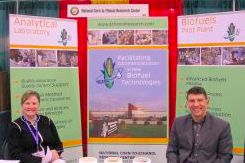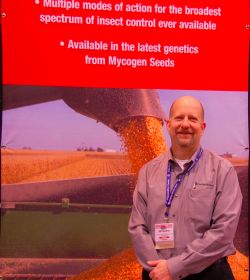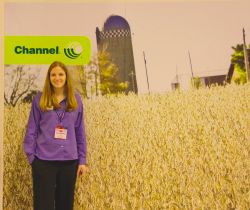 Hey horse loving bloggers. Want to blog the upcoming 2010 Alltech FEI World Equestrian Games? Enter this contest.
Hey horse loving bloggers. Want to blog the upcoming 2010 Alltech FEI World Equestrian Games? Enter this contest.
Land O’Lakes Purina Feed is excited to announce the Purina® “Live from Lexington” Contest, an opportunity for horse lovers everywhere to showcase their blogging skills for a chance to attend and report live from the 2010 Alltech FEI World Equestrian Games™ in Lexington, Ky. The contest is sponsored by Purina Mills, LLC and co-sponsored by EquiSearch (www.EquiSearch.com) and Active Travel. Contestants can learn more about “Live from Lexington” and enter online at www.LiveFromLexington.com.
“Two grand prize winners of the contest will be our Purina blog-o-spondents and will report to our fans on the latest happenings at the Games,” said Brant Gilbert, marketing manager, Horse Business Group. “We know that Purina has some of the most loyal customers and horse enthusiasts in the industry, and we are excited to find the perfect duo to send to the competition and enjoy the festivities.”
Contest entries can be submitted online at www.LiveFromLexington.com between March 1 and May 31, 2010. To participate, entrants must submit a video of sixty seconds or less explaining why they want to be a Purina® Live from Lexington blog-o-spondent. Videos will be judged based on the entrant’s response, qualifications, articulation, and talent.


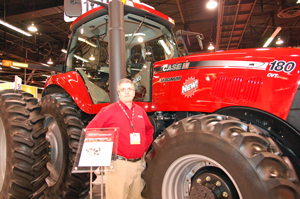 CVT stands for Continuously Variable Transmission and
CVT stands for Continuously Variable Transmission and  and
and 
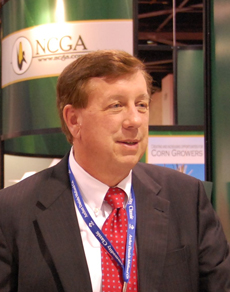 His wife calls him a “PMG” – Professional Meeting Goer – because Alan Kemper has been serving on the boards of state and national agricultural organizations for over two decades now.
His wife calls him a “PMG” – Professional Meeting Goer – because Alan Kemper has been serving on the boards of state and national agricultural organizations for over two decades now. 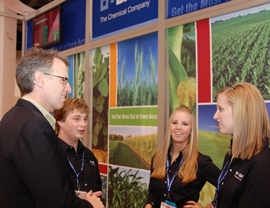 The
The 
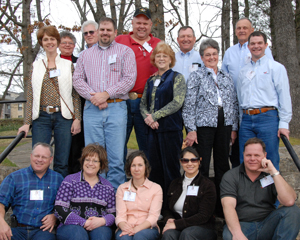 There is a rare treasure nestled in the heart of the Ozarks in Southern Missouri – a college that offers students a degree in hard work.
There is a rare treasure nestled in the heart of the Ozarks in Southern Missouri – a college that offers students a degree in hard work. 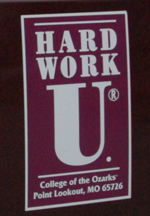 The college offers 48 different degrees, including culinary arts, hotel and restaurant management, agribusiness, animal science, and ag education. There are about 125 students majoring in some area of agriculture there, but the school offers amazing hands-on experience for them, including hog, dairy and beef operations, a meat processing facility and a feed mill. They also have a beautiful center that is open to the public which features fine dining, historic lodging, meeting rooms, and more. During the 2008 presidential campaign, candidate Sarah Palin chose to visit the college as one of her stops in Missouri.
The college offers 48 different degrees, including culinary arts, hotel and restaurant management, agribusiness, animal science, and ag education. There are about 125 students majoring in some area of agriculture there, but the school offers amazing hands-on experience for them, including hog, dairy and beef operations, a meat processing facility and a feed mill. They also have a beautiful center that is open to the public which features fine dining, historic lodging, meeting rooms, and more. During the 2008 presidential campaign, candidate Sarah Palin chose to visit the college as one of her stops in Missouri. 